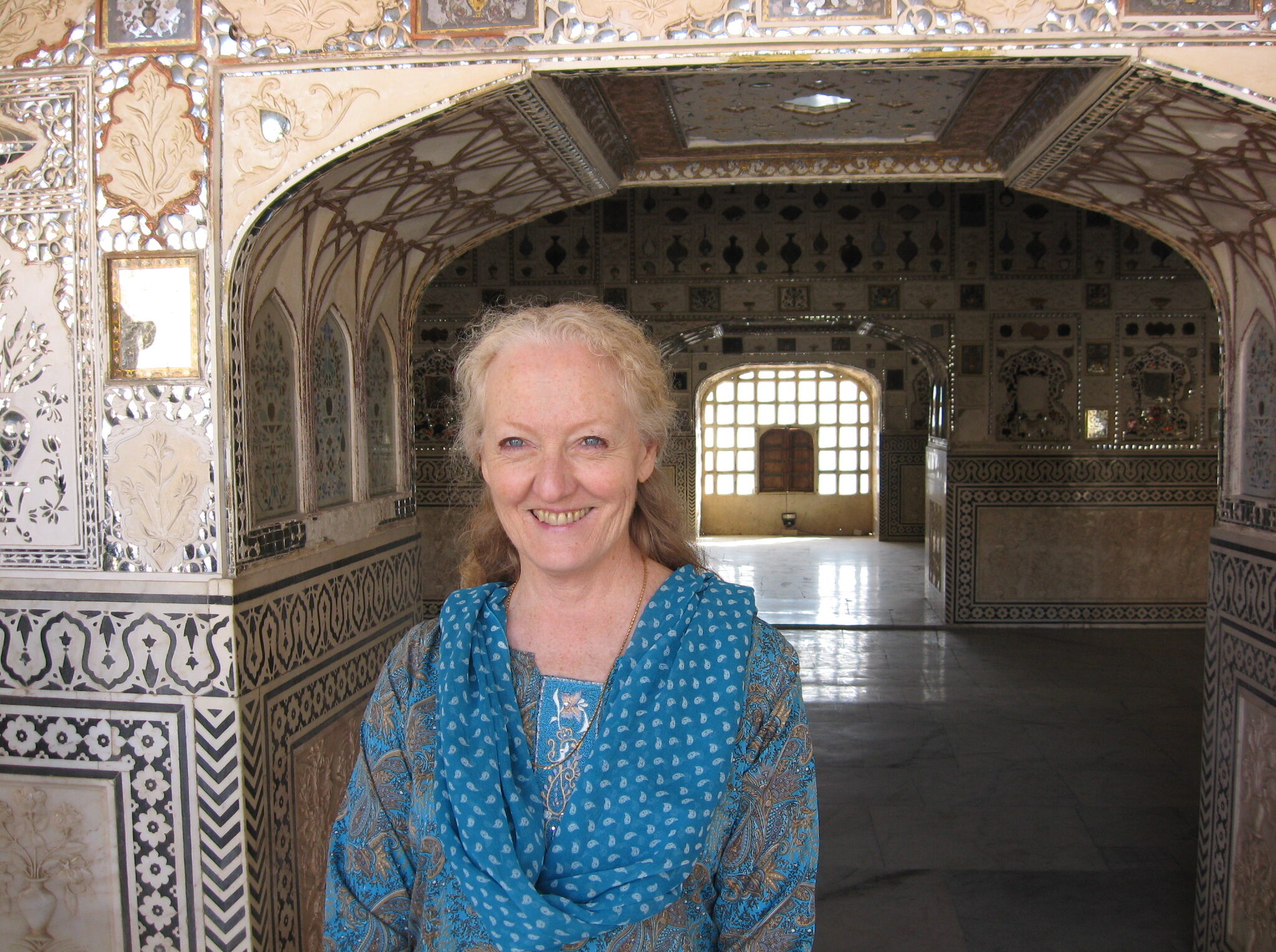My regular readers know that I usually focus on Mindfulness as it relates to health and wellbeing in these blogs. However, there is an urgent situation in our country (and the world) right now that I think needs attention, and to that end I am including in my blog a recent letter-to-the-editor I wrote, in the hopes that it may contribute in some small way to the resolution of the current pandemic. Please do share this widely. Let’s see if we can be part of the solution.
************************************************************************
Someone asked me an interesting question today: “If people are vaccinated, aren’t they protected? Why do they care if I am?” This is a great question.
This virus, like most, mutates, but unlike most, it began as a lethal organism. As it mutates, it changes its ability to infect more readily and cause more death and ongoing chronic illness such as damage to kidneys, heart and lung. As of this writing, the COVID-19 Delta variant has developed the ability to sidestep the vaccines currently developed, and is able to infect even vaccinated people, although at a lower rate than those unvaccinated. It has not yet developed the ability to kill vaccinated people at the same rate. Arnab Mukherjea, chair of the Department of Public Health at California State University, East Bay, recently was quoted as saying that up to 99 percent of people experiencing severe illness from COVID-19 are unvaccinated.
Mutations of a virus happen in its replication process. This means the more it multiplies, the more likely it is that newer, more lethal and contagious variants will appear, and it will then just be a matter of time before it breaks through our hard-earned barriers of defense by those who are immunized.
We will have to start all over.
In this battle, the only real “bad guy” is the virus which kills or leaves people with long-term illnesses. Those who are the hosts, vectors and victims of this virus – all of us humans – are actually on the same side. We need to unite around this issue. This means – in a unified way: get vaccinated, and until then, wear a mask and allow six feet of distance around you – to prevent any transmission of this virus. It really will take all of us pulling together on the same side to stop this.
As a final note, those who are hoping for herd immunity based on enough infections are still allowing the mutation process to continue in that method. Mass vaccination and mask wearing – all in short order – is the only way to truly break this cycle.
